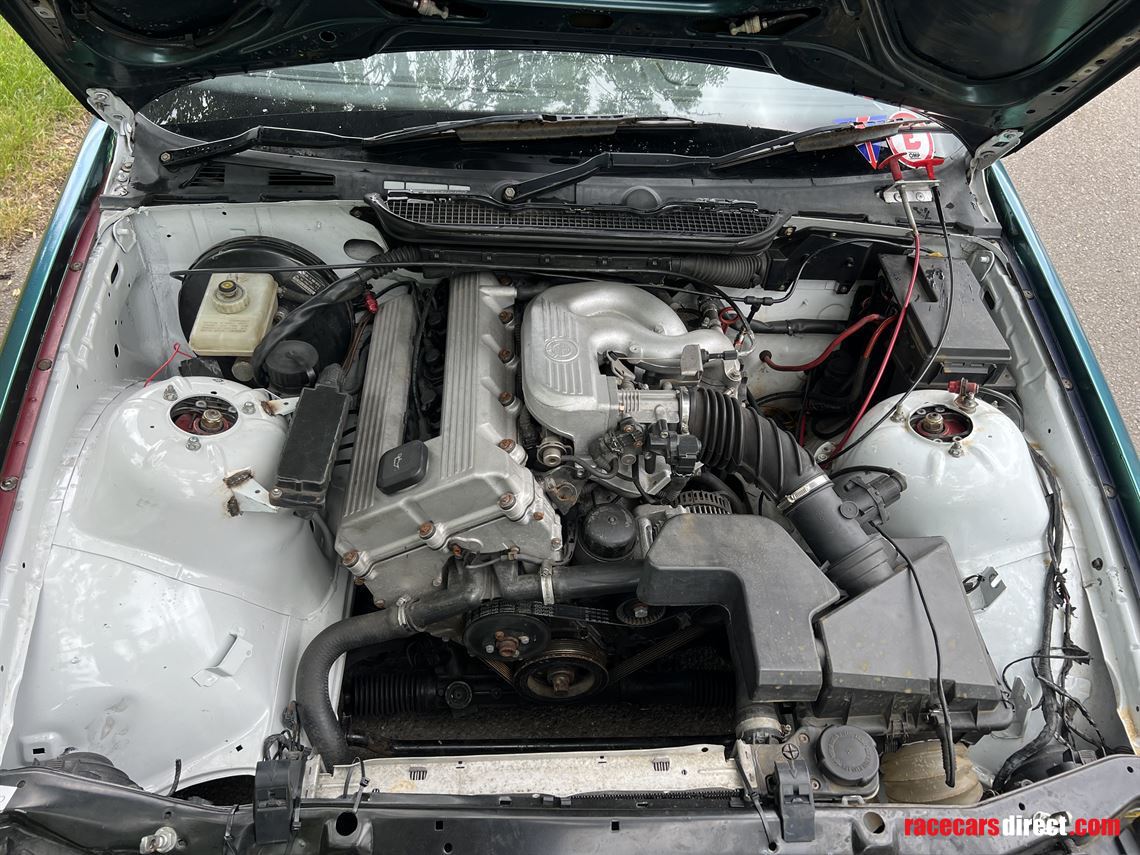BMW 318ti: A Traditional Compact with Ageless Charm
BMW 318ti: A Traditional Compact with Ageless Charm
Blog Article
Key Features to Look for When Buying an Engine for Automotive Applications
When thinking about the purchase of an engine for automobile applications, several key features necessitate mindful examination to make certain optimal efficiency and capability. From power and efficiency abilities to fuel efficiency, adherence, and longevity to emissions standards, each facet plays a vital role in determining the engine's viability for particular automotive needs. Cost-effectiveness continues to be a crucial element in the decision-making process, balancing high quality with financial factors to consider. These features jointly add to the general efficiency and dependability of the engine, influencing the driving experience and lasting complete satisfaction of the customer.
Power and Performance
When selecting an automotive engine, buyers prioritize power and efficiency to ensure optimum driving experience and effectiveness. A well-performing engine not only delivers power efficiently yet additionally runs efficiently throughout different speed ranges and driving conditions.
Additionally, aspects such as engine crossbreed, variation, and turbocharging innovations play substantial roles in improving both power and efficiency degrees. Ultimately, picking an engine that uses a potent mix of power and efficiency ensures a reliable and enjoyable driving experience.
Fuel Efficiency
Maximizing gas efficiency is a critical factor to consider for consumers when examining auto engine alternatives. Modern engines with functions like straight fuel injection, turbocharging, and variable shutoff timing can dramatically enhance gas performance by improving combustion processes and decreasing energy loss.

Durability and Integrity
Achieving long-lasting efficiency and trustworthy operation is vital for consumers examining the resilience and integrity of automobile engines. When taking into consideration an engine for automobile applications, longevity describes the engine's capacity to endure wear, stress and anxiety, and severe operating problems over an extensive period. Dependability, on the other hand, suggests that the engine can continually execute its intended feature without unanticipated breakdowns or failures.
Customers should search for engines built with high-quality materials and exact design to ensure longevity. Parts such as crankshafts, bearings, and pistons need to be durable to handle the engine's power outcome without early wear. In addition, engines outfitted with advanced cooling systems, effective lubrication, and robust filtering systems often tend to show greater degrees of integrity.
Normal upkeep and adherence to supplier referrals are additionally crucial consider preserving an engine's sturdiness and dependability. By complying with maintenance routines, utilizing recommended fluids, and attending to any type of problems immediately, customers can maximize the life-span and efficiency of their vehicle engines. Inevitably, prioritizing resilience and dependability in engine option can bring about a more satisfying ownership experience check this site out with less unanticipated disturbances.
Exhausts Compliance
Guaranteeing compliance with discharges policies is an essential aspect of reviewing auto engines for eco aware customers. With enhancing issues about air top quality and ecological impact, rigorous exhausts requirements have been established around the world to lower unsafe toxins launched into the atmosphere. When buying an engine for automotive applications, it is important to consider its discharges compliance to lessen the carbon footprint and adhere to lawful demands.
Modern engines are outfitted with sophisticated exhaust control innovations such as catalytic converters, exhaust gas recirculation (EGR) systems, and discerning catalytic reduction (SCR) to minimize harmful exhaust gases like nitrogen oxides (NOx), carbon monoxide gas (CO), and hydrocarbons (HC) These systems play a vital role in making sure that the engine fulfills the specified discharges criteria and operates within allowable restrictions.

Cost-effectiveness
When visite site thinking about automobile engine purchases, evaluating cost-effectiveness is paramount for customers looking for both efficiency and value. It includes the total expenditures associated to maintenance, fuel intake, and possible repair services over the engine's life expectancy.
One key aspect of cost-effectiveness is gas effectiveness. Engines that are developed to optimize fuel economy can bring about considerable savings over time, specifically for people who drive regularly or over fars away. In addition, thinking about the availability and price of spare parts and maintenance can add to the total cost-effectiveness of an engine. Making sure that repair and maintenance are affordable and available can prevent unforeseen monetary concerns down the line.

Conclusion
To conclude, when buying an engine for vehicle applications, it is essential to think about crucial attributes such as power and efficiency, gas performance, integrity and durability, exhausts conformity, and cost-effectiveness. These aspects are crucial in making certain that the engine fulfills the needs of the automobile and runs successfully in different driving conditions - bmw 318ti. Making an informed decision based upon these standards will inevitably bring about a this effective and effective auto engine acquisition
From power and efficiency abilities to fuel toughness, adherence, and effectiveness to emissions criteria, each facet plays a vital function in identifying the engine's suitability for details vehicle needs. Engines made to run on different fuels such as electric power, crossbreed systems, or biofuels can provide improved gas economic climate and lower emissions contrasted to standard gas or diesel engines. Consumers must thoroughly take into consideration the fuel efficiency rankings and innovations incorporated right into automobile engines to make informed buying decisions that straighten with their priorities for price savings and sustainability.
When taking into consideration an engine for automotive applications, toughness refers to the engine's ability to stand up to wear, stress and anxiety, and severe operating problems over an extensive period.In verdict, when acquiring an engine for automobile applications, it is critical to consider crucial attributes such as power and performance, fuel effectiveness, integrity and durability, discharges compliance, and cost-effectiveness.
Report this page